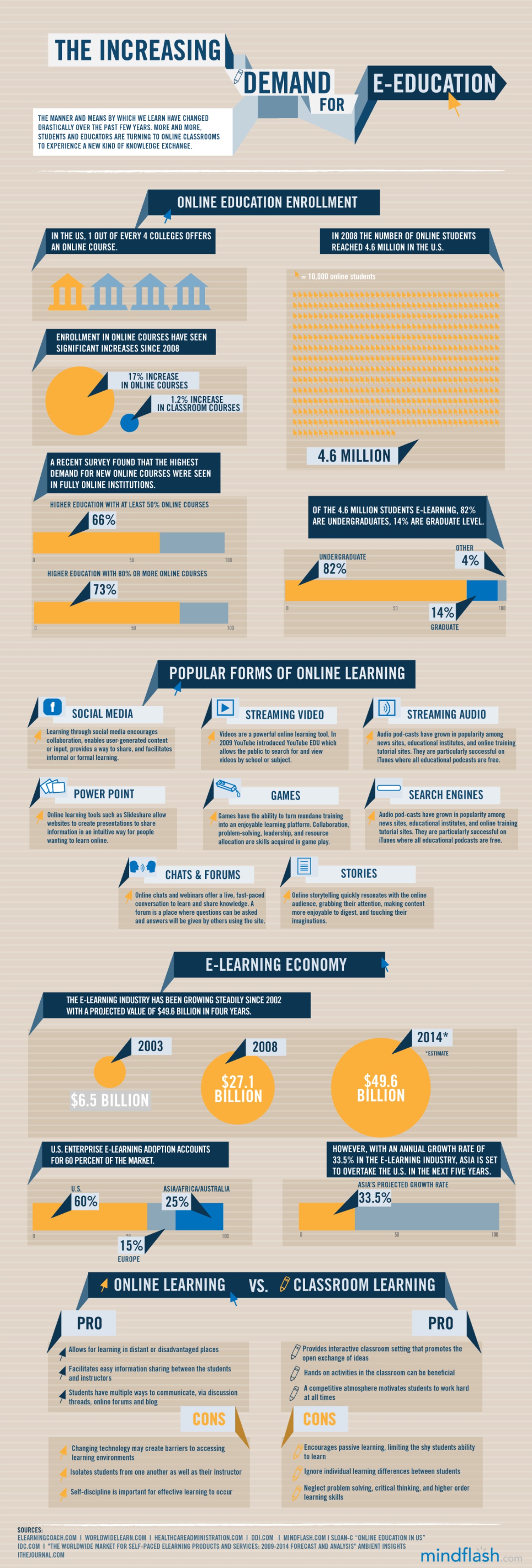We live in the world with constant flow of information, knowledge and numerous innovations. Every day is an opportunity for us to learn something new and to implement that in order to improve our lives and the lives of people that surround us.
Some areas and industries develop faster than the others. In my profession, for example, changes are literally made on a daily basis and it is not easy to catch up with all these new things…But it is definitely a great challenge!
In terms of knowledge and education of children, we must focus on the innovations in education and knowledge improvement for educators, kindergarten and school teachers, professors. The job of a teacher is to transfer knowledge to children for whom the whole world is still a mystery. In this early age children learn some great things. They discover how to make this world a better place, they become aware of their desires and ambitions, wishing to become pilots, doctors, athletes, teachers and scholars one day when they grow up. Thus I believe that the job of a teacher is one of the nicest, but at the same time one of the most responsible occupations in the world. Therefore, the future of the whole society is in the hands of the educators our children first meet in their lives.
However, further education of teachers requires some resources that we sometimes lack. In most cases it requires investing time and money. In this post I want to share with you some practical ideas, showing how to become better teachers and educators – without much time. Also, no money is needed!
Over the past years Massive Open Online Courses (MOOC) as models for further education, have spread all over the world. MOOC is a unique concept where relevant educational institutions share knowledge for free via the Internet, through specialized courses with everyone interested.
One of the most popular MOOC projects in the world is Coursera, founded by two professors from Stanford University in 2012. At the moment Coursera partners are hundreds of the most prominent educational institutions such as Berkley, Columbia University, Stanford University, National Taiwan University, National University of Singapore, Princeton, University of Geneva, Zurich, Yale University and many others. Nearly 5 million users attend hundreds of courses that now run these institutions via Coursera website. According to very influential media such as the Guardian and the New York Times, MOOC model will change the world – it offers top education carried out by top lecturers from top universities – entirely for free, at home. Each individual is now able to acquire knowledge and develop to an unprecedented extent. Whether you are interested in economics, information technology, medicine or history – Coursera opens the doors of knowledge for you. See the list of all courses that are currently at this link.
Registration for this service is free, as well as all the courses. There is also an option to pay Coursera for making, verification and delivery of certificates of completed courses. The people who run this service say that this model has been designed for learners who quickly finish the courses they pay for, no matter how much they cost.
One of the topics Coursera deals with is early education. On Tuesday, October 22, a new course starts: Effective Classroom Interactions: Supporting Young Children’s Development, conducted by four Doctors of Science from the University of Virginia. The course is designed for kindergarten teachers, but it can equally be useful to school teachers. The program duration is just 4 weeks, and it will take you only 2 to 3 hours a week.
The program structure is as follows:
- Week one: Creating “Emotionally Supportive” classrooms
- Week two: Building Positive Relationship with Children (The dimension of Positive Climate)
- Week three: Providing Individualized Support to Young Children – The dimension of Teacher Sensitivity
- Week four: Supporting Children’s Independence and Sense of Self
What the lecturers say about the course:
During the early childhood years children gain knowledge and skills that provide the foundation for later learning. Young children learn many of these skills through interactions they have with their teachers. This course is intended to increase teachers’ knowledge about specific types of teacher-child interactions that promote young children’s development. The course will focus on helping teachers to offer emotionally supportive interactions to the children in their care.
Course will consist of video lectures (up to 15 minutes), quizzes and Test Your Knowledge quizzes at the end of each week. Homework assignments and extra lessons are available to advanced participants in the program. You can apply for the course Effective Classroom Interactions: Supporting Young Children’s Development using the following link.
The sentence “If there is a will, there is (always) a way” has never been more true than today, in the era when we are all connected and when we easily share different values. In case your educational system and official institutions do not provide enough challenges and opportunities for development, use some of MOOC programs to acquire top level knowledge. Then try to think how to share your knowledge with other colleagues using the internet technologies. Record a video about your experience, write a blog post on the knowledge you acquired, share a link to the sources of knowledge – these are just tiny steps that we can easily take, in order to make a big one towards the development of the whole society.
I wish you all the best while learning hard to become better teachers!













